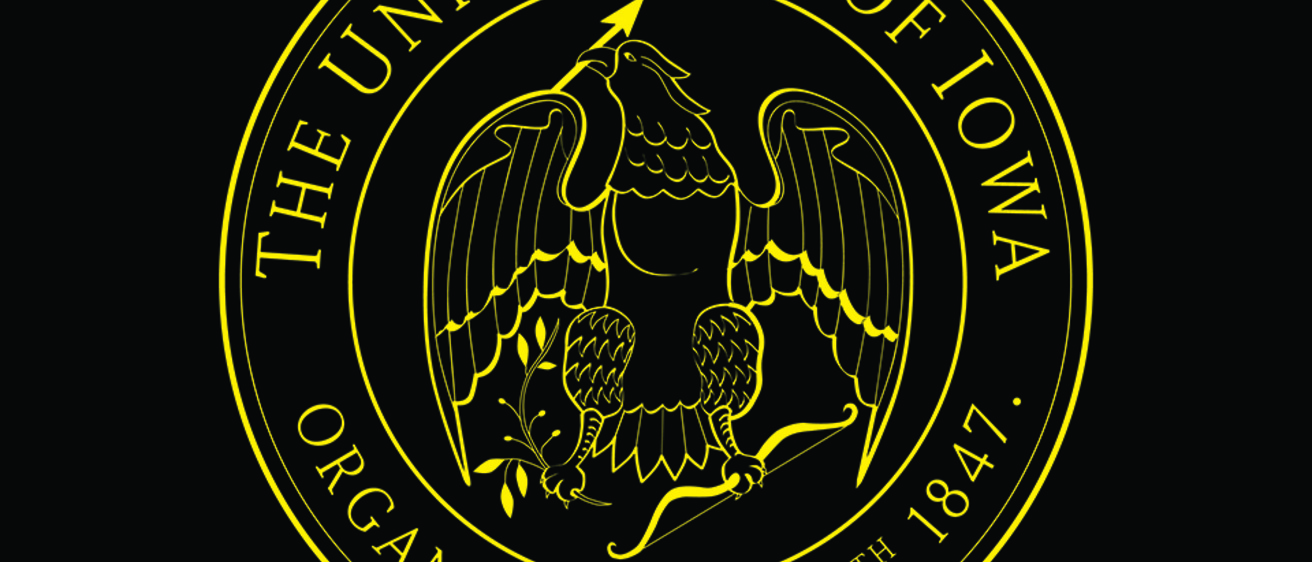The Iowa Board of Regents next week will consider the University of Iowa’s proposed fiscal year 2017 budget and decide new tuition levels for fall 2016.
If the proposed tuition increase is approved, UI’s general university budget is expected to grow by 4.4 percent in FY 2017 to $736 million. That’s an increase of $30.9 million over FY 2016. The majority of that revenue will be used for instruction, academic support, scholarships and fellowships, and plant operations and maintenance. It includes an average salary increase of approximately 2 percent for faculty and 1.6 percent for non-bargaining professional and scientific staff.
“To me, a world-class faculty is a world-reaching faculty—people whose work and teaching have the power to make changes on a global scale,” says President Bruce Harreld. “To recruit and retain faculty of their caliber, we must be competitive with other top universities in terms of pay, benefits, and tenure.”
The university requested a $4.5 million increase in state funding for fiscal year 2017, but due to budget constraints, the Iowa General Assembly voted in April to appropriate only $1.3 million. Harreld says that means the university must be more creative with resources.
This spring, the university embarked on a new collaborative budget process giving the colleges and VP offices larger decision-making power over their unit budgets. Academic and administrative leaders were asked to present their budgets to central administration and align resources based on four guiding principles: student success, quality indicators, UI values, and shaping the UI’s future.
UI leadership also set aside $10.8 million for a Strategic Initiative Fund to ensure high-priority activities receive adequate resources. Leadership reviewed 66 proposals from the colleges and VP offices totaling $22 million, before eventually selecting the 25 most ready for implementation. The strategic initiatives selected include increased student financial aid, new academic advisers, faculty cluster hires, support for interdisciplinary and large grant proposals, and investment in building renewal and energy conservation.
“In order to provide a cushion, a small amount of the $10.8 million will be reserved for one-time commitments that may arise during the year,” says Rod Lehnertz, vice president for finance and operations.
Funding for these strategic initiatives depends partly on the board’s decision regarding tuition. If the board approves a smaller tuition increase than proposed, fewer strategic initiatives can receive funding. About two-thirds of the UI’s general fund revenues comes from tuition (62.5 percent), while state appropriations cover slightly less than one-third (31.5 percent). The remainder is indirect cost recoveries and interest income.
The board approved a $200 undergraduate tuition increase in December 2015, and the board now considers a proposal for an additional increase of $300 for resident students and $400 for non-residents, with additional increases for business and engineering majors. UI Student Government requested the board consider a $200 increase for all students.
The UI’s $102.1 million FY 2017 athletics budget does not use any funds from the state. Athletics is a self-sustaining auxiliary enterprise and receives no general university support.
